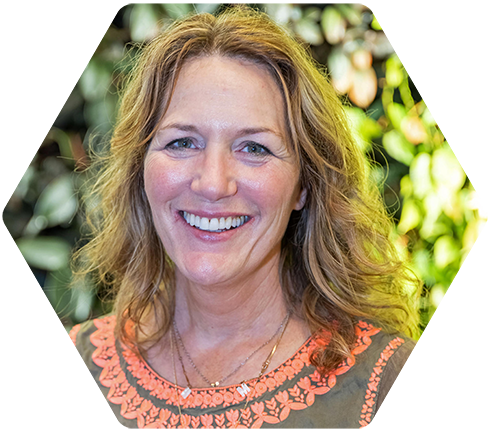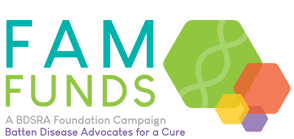
Suzette James, a late-onset CLN2 Batten disease mother to Maya and Xavier and BDSRA Foundation Board of Directors member, recently served as a panelist for the FDA’s Center for Biologics Evaluation and Research (CBER) fall RegenMedEd Webinar titled, “Warrior Families: Advancing Regenerative Medicine Through Science.”
Click here to watch the full webinar. James joins the panel at 44:32 mark.
Below, James describes her experience presenting to the FDA for the fourth time in a Q&A with BDSRA Foundation.
How did presenting on this panel come to be?
“The FDA invited me along with two other rare disease moms.”
What was different about this webinar and your presentation compared to the previous ones?
“I would say it was shorter in time. And so it was a little more difficult to address some of the questions as thoroughly as I would have liked. But I was still able to reinforce the more salient points that I made previously to the FDA such as faster access, accelerated approvals, pipeline for a lifeline, multiple therapies and treatments, and that the risk of doing nothing far exceeds the risk of doing something.”
Has your approach to these presentations changed? If so, how? And how can these changes in approach benefit the Batten community’s advocacy efforts?
“Yes, I try to be clear on the messaging and the consistency. I incorporate that same messaging into each presentation as well as the panels. Being a panel member is a bit different because you aren’t always presenting, so you don’t have a lot of time. Sometimes you have to be very creative in how you incorporate the key messages. My messaging doesn’t change. The FDA needs to hear our messages multiple times to truly be effective.”
You’ve now presented to the FDA four times. What advice would you give Batten families who want to begin advocating and sharing their stories? Where can they start?
“I would start by looking for the helpers. Look for the folks who have been successful at advocating. Find out what resources worked best for them. Start following them on social media. Find the type of advocacy that resonates with you, whether it is contacting your representative or fundraising. Reach out to BDSRA and tell them what you are interested in. And most importantly, don’t be afraid to take up space. Your voice matters and you belong.”
What’s next for you on your advocacy journey?
“I want to continue to work on creating a structure within the Batten community that puts us more in the driver’s seat with regard to treatments and cures for all forms of Batten. Apart from that, whatever form of advocacy it is, to quote another Batten mom, “It needs to be bold.”


